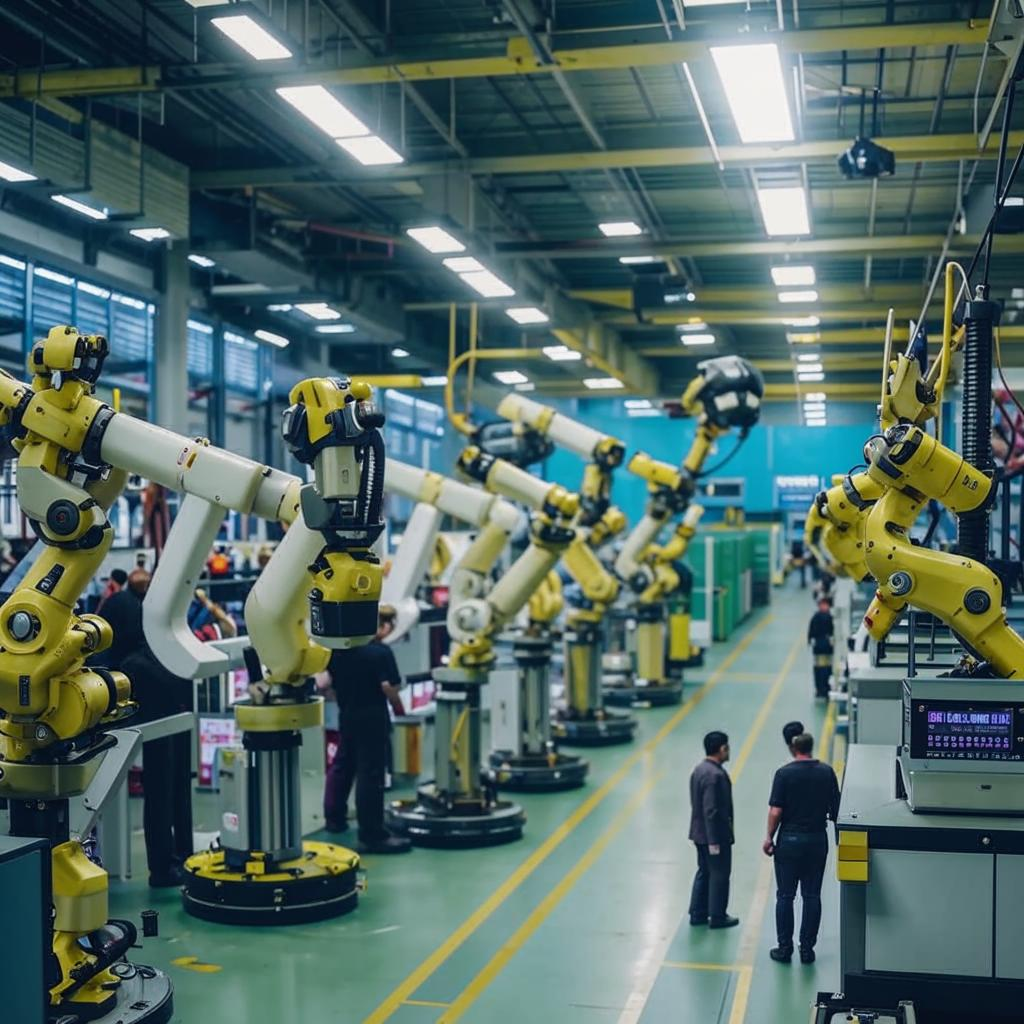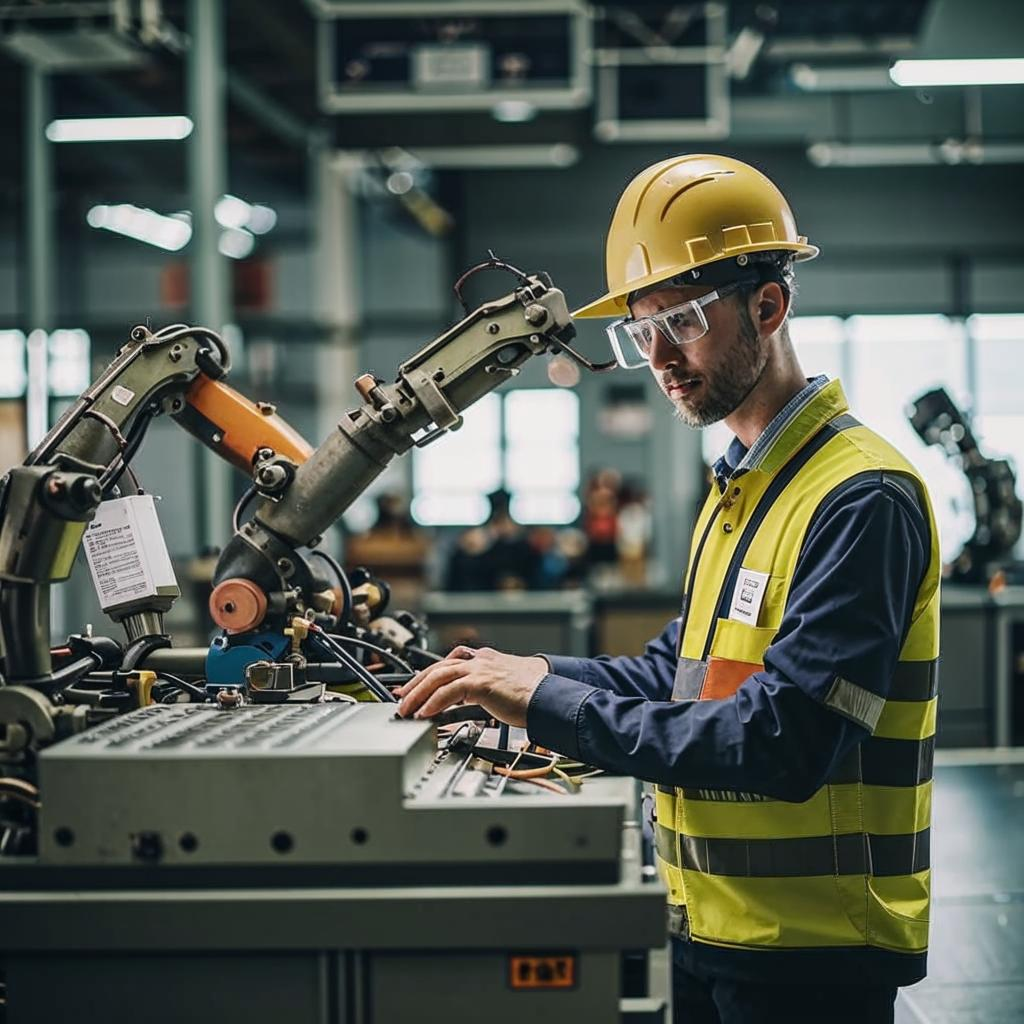Automation is rapidly changing industries, boosting efficiency but also causing worry about job losses. From factories to call centers, robots and AI are taking over routine tasks, making businesses more productive and cutting costs. This shift means some workers are losing their jobs, leading to concerns about unemployment and the need for new skills. While automation offers benefits like faster production and fewer errors, it also creates challenges.
Experts believe that automation will keep increasing, affecting almost every job sector. This requires careful planning from governments and companies to help workers adapt. Retraining programs are essential to teach people new skills for the jobs of the future. Additionally, creating new types of jobs that work alongside automation is crucial. If managed well, automation can improve our lives. However, if we ignore the potential problems, it could worsen inequality and create social unrest. Finding the right balance between technology and human workers is critical for a successful future.
The focus should be on making sure that everybody benefits from technological advancement and nobody is left behind. Companies and governments should invest in reskilling programs and create safety nets for those impacted by automation. If the correct policies and investments are implemented now, a future of shared prosperity is possible. Finishtit














